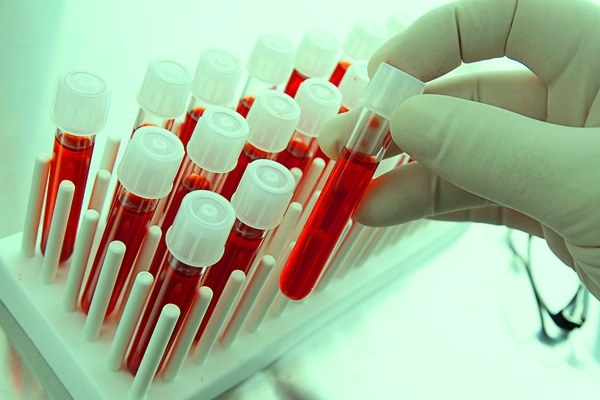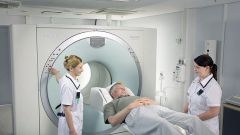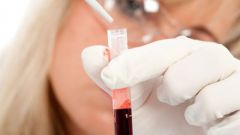Possible abnormalities in blood test results
Upon receipt of the results of the General analysis of blood it is necessary to pay attention to ESR (erythrocyte sedimentation rate), number and qualitative composition of leukocytes and hemoglobin. In cancer, these figures will differ from the norm. As a rule, in this case, the number of leukocytes increases. The erythrocyte sedimentation rate (ESR) is above normal levels and is not reduced after taking anti-inflammatory drugs. In Oncology reduced the level of hemoglobin (nutrition, absence of blood loss). In some cases (for example, for cancer of the kidney) the amount of hemoglobin and red blood cells may increase, because the tumor in the kidney leads to increased production of the hormone erythropoietin. In turn, he increases the number of red blood cells. Cancer also may experience high or low levels of thrombocytes and leukocytes.
Tumor markers and their types
When cancer is suspected, you should make the biochemical analysis of blood. It will help to identify the location of the tumor, the stage of its development, the possible reaction of the body. First and foremost, determine the presence in the blood of tumor markers - proteins and antigens that are produced by cancer cells. It has been proven that the tumor secretes a specific antigens depending on where it is located. The rate of tumor development can be judged by the speed with which the blood increases the number of antigens. Normal levels of tumor markers in the blood of everyone, so in order to determine the dynamics of changes in blood for this analysis pass a few times.
Identify the following types of tumor markers: PSA, CA 125, CA 15-3, CA 19-9, CEA. Protein PSA in males is produced during the functioning of the prostate gland. In that case, if it reaches 30 units, this may indicate prostate cancer. In women the concentration of this protein increases endometrial cancer of the uterus or ovaries. The tumor marker CA 15-3 evidence of malignancy in the breast. The tumor marker CA 19-9 can occur if the development of tumors in the gastrointestinal tract. Cancer-embryonic antigen (CEA) is increased in cancer of the colon, lung, liver, breast, cervix, bladder and pancreas. An increase in the level of REA does not always indicate cancer. It may be elevated in alcoholics with cirrhosis of the liver in cigarette smokers. To confirm the diagnosis, such patients additionally prescribe MRI (magnetic resonance imaging).


